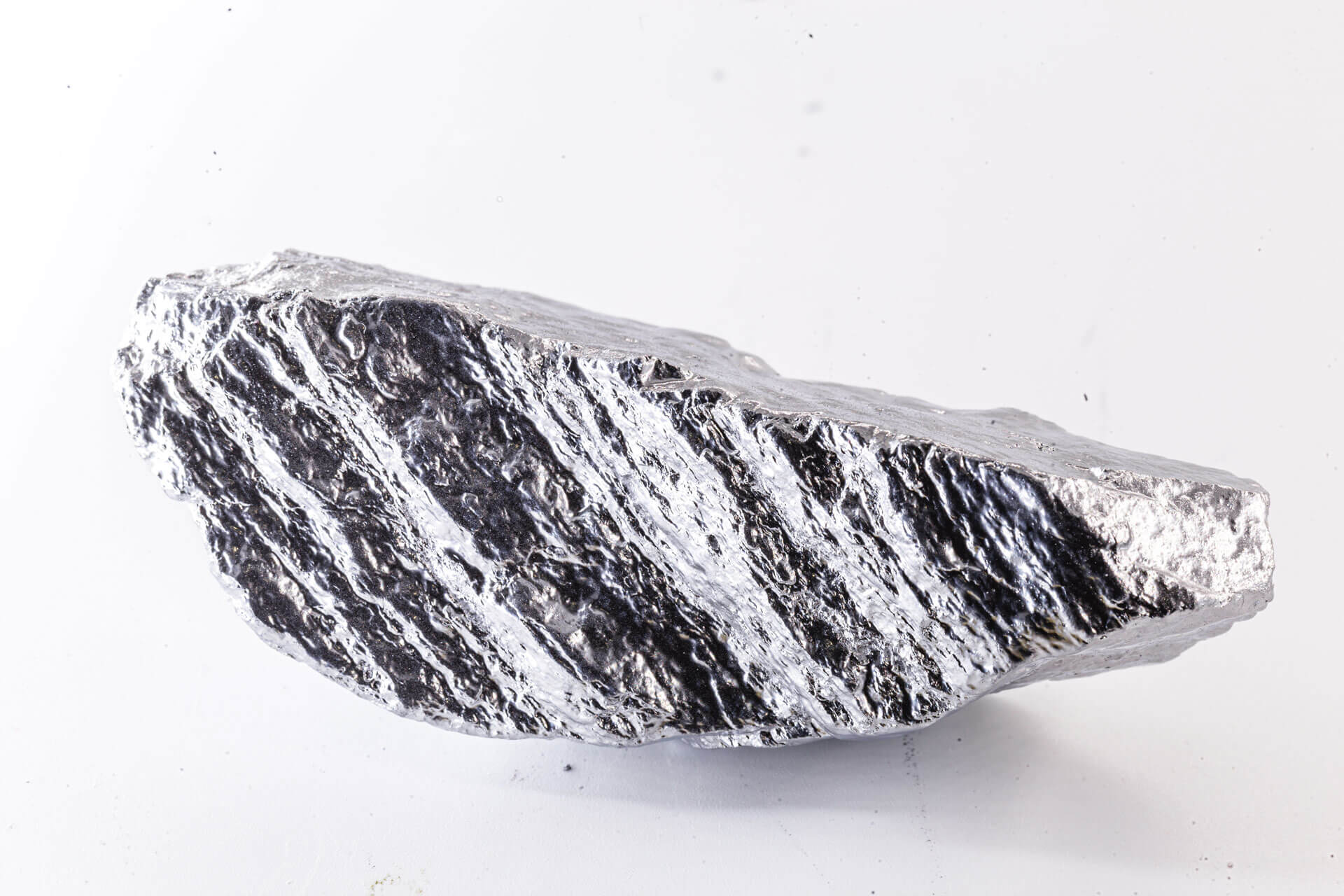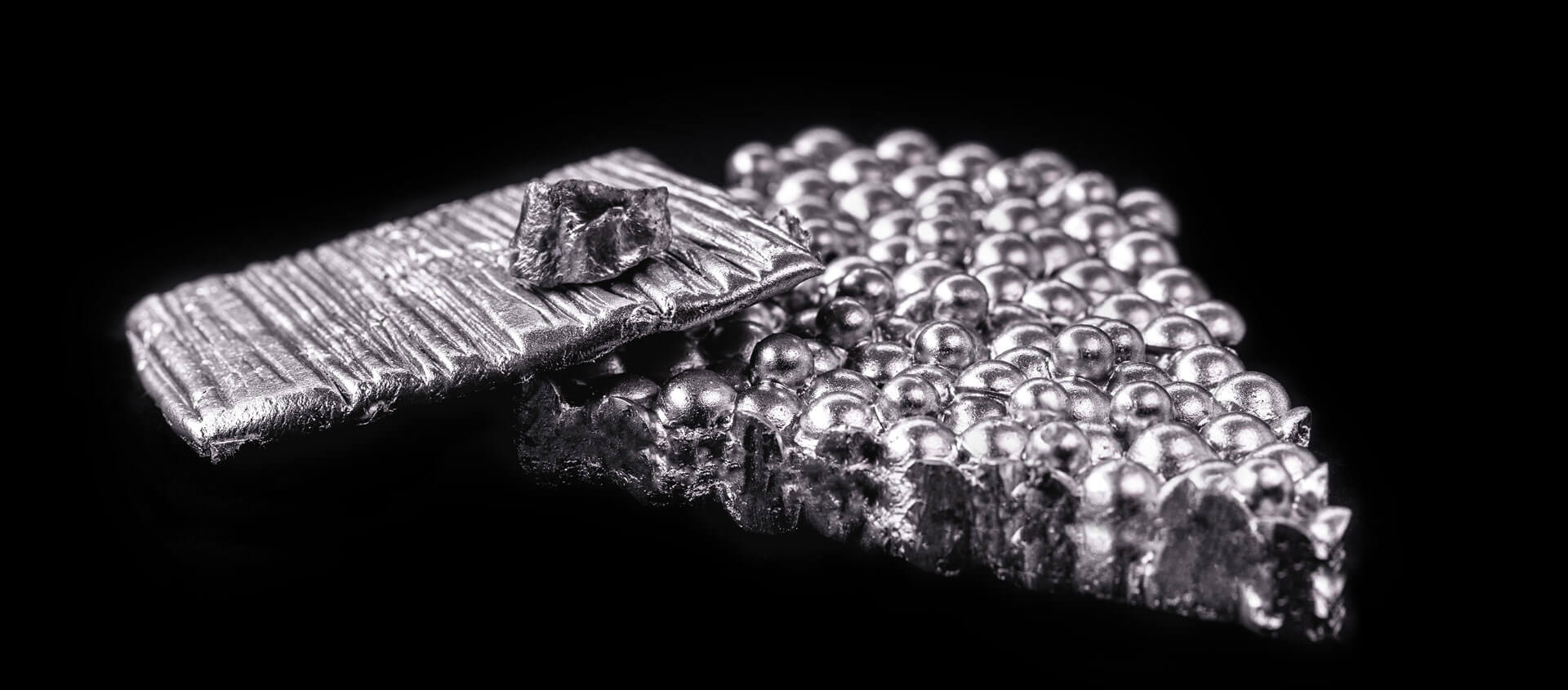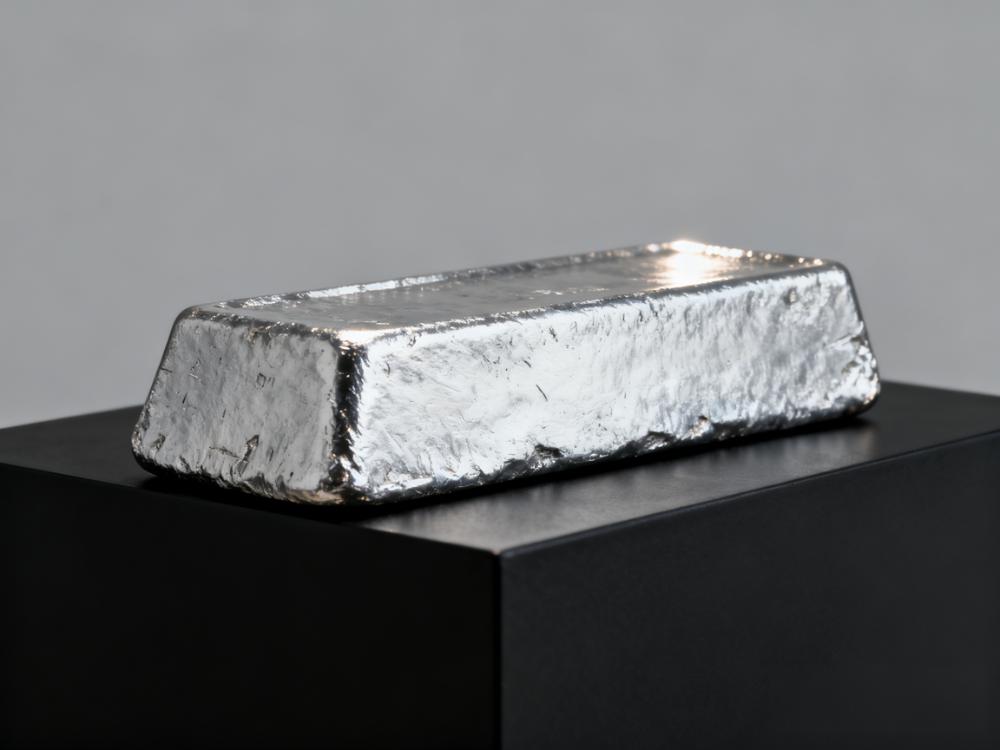On Monday (June 7), researchers at King Abdullah University of Science and Technology in Saudi Arabia developed what they thought was an economically viable system to extract high-purity lithium from seawater.
In the past, it was ineffective to extract lithium from a mixture of metals such as sodium, magnesium and potassium in sea water, because although the amount of lithium in sea water was 5000 times that on land, the concentration was extremely low, about 0.2 parts per million ((ppm)).
To solve this problem, the team led by, Zhiping Lai tried a method of extracting lithium ion that had never been used before, using an electrochemical battery containing a ceramic film made of lithium lanthanum titanium oxide (lithium lanthanum titanium oxide, LLTO). In a paper published in the journal Energy and Environmental Science, the researchers explained that the crystal structure of the ceramic membrane contains holes just wide enough for lithium ions to pass through while blocking larger metal ions.
On the other hand, the electrochemical battery itself contains three compartments, and after seawater flows into the central compartment, the positive lithium ion passes through the LLTO membrane and enters the side compartment containing the buffer solution and copper cathodes coated with platinum and ruthenium; at the same time, the negative ions leave the central compartment through the standard anion exchange membrane and enter the third compartment containing sodium chloride solution and platinum-ruthenium anodes.
The team is using seawater from the Red Sea to test the newly developed system. At a voltage of 3.25V, the battery produces hydrogen at the cathode and chlorine at the anode, which promotes the transport of lithium through the LLTO membrane and accumulates in the side compartment. Then, the same cycle will be repeated more than 4 times, and the final concentration of lithium in the water will reach more than 9000 ppm.
In order to make the final product pure enough to meet the requirements of battery manufacturers, the scientists then adjusted the pH of the solution to provide solid lithium phosphate containing only a very small amount of other metal ions.
According to the researchers, it may take $5 of electricity for the battery to extract 1 kilogram of lithium from sea water. This means that the value of hydrogen and chlorine produced by the battery will eventually offset the cost of electricity, and the remaining seawater can also be used in desalination plants to provide fresh water.
Fitch, a rating agency, has estimated that sales of electric vehicles will boost lithium consumption by as much as sevenfold between 2020 and 2030, and that rising demand for lithium will keep the price of lithium rising. now a new extraction system developed by Saudi scientists is expected to solve the problem. Fitch has predicted that the average price of 99.5 per cent lithium carbonate in China will be $13450 a tonne in 2021, rising to $15025 in 2022 and only $6375 in 2020; the average price of lithium hydroxide 56.5 per cent in China will be $11950 a tonne in 2021, $14300 in 2022 and only $7290 in 2020.




